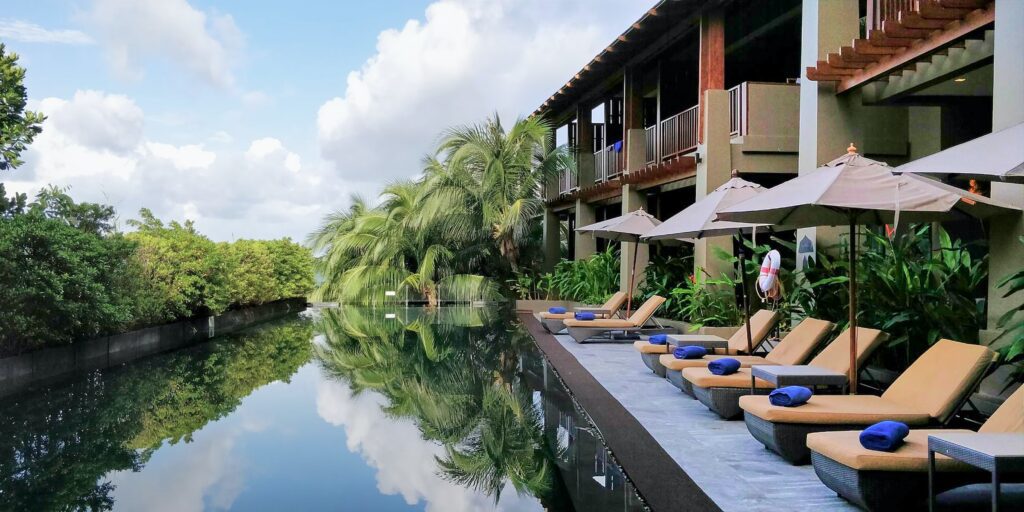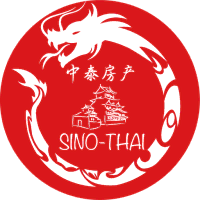The richest selection of real estate in Phuket in Thailand makes this place one of the most promising for investment in the world. This is a favorite place for many who want to buy a property or rent it. Beautiful areas and beaches of the island – Laguna, Bang Tao, Kamala, Karon, Rawai – offer a choice of apartments and villas for every taste and budget.
In Thailand, there are two options for owning real estate – the right to lease (Leasehold) and freehold (Freehold). Which form of ownership to choose depends on many factors.
In this article, we will look at all the disadvantages and advantages of each of these forms of ownership.
Freehold (full ownership)
In Thailand, a foreigner can buy an apartment in full ownership only in a condominium. At the same time, the ownership quota says that foreigners can own more than 49% of the total living space of an apartment building, only freehold ownership is taken into account. The remaining 51% of living space can be issued to foreigners in Leasehold (long-term lease) for an average of 90 years.
If the status of the building is apartments, then all apartments in it can be issued for foreigners only in Leasehold (long-term lease).
Freehold advantages:
- you buy an object in the property forever, you can sell, inherit and rent.
- independence from the previous owner upon resale
Disadvantages of freehold:
- the price of such property is higher
- you need to pay a registration tax – 2-3% of the value of the object

Leasehold (long-term lease)
As in many countries, in Thailand in general, and in Phuket in particular, the lease provides for the right of the tenant to occupy a certain object for a fixed time in return for payment of a specified amount. You can lease for 30 years and renew it twice for a total of 90 years. But some developers prescribe a three-time (up to 120 years), or even an unlimited extension. This agreement is recognized by the Land Department and gives the tenant all rights to the property for the period of the lease.
Leasehold advantages:
- the right to use and dispose for a limited time (on average 90 years) with the ability to resell, donate or bequeath the object
- the price is about 10% lower
- pays off quickly
- registration tax 1.1%
Leasehold Disadvantages:
- renewal of the contract every 30 years by the Land Department
- when reselling, it is necessary to sign documents with the owner (landlord)
- no fractional ownership in the common areas of the condominium
- no voting rights at general meetings of condominium co-owners
- after the expiration of the lease period, the rights of use and disposal are returned

Based on all the facts, we can conclude that when buying small apartments for investment with possible further resale, it makes sense to buy property in Leasehold.
And when choosing an expensive object for life, it may make sense to overpay for Freehold.
We strongly advise, in addition to studying all the nuances and pitfalls described in this article, to consult with competent lawyers and realtors in order to clarify the situation regarding the transfer of ownership of a particular object. Our agency can provide you with such specialists and provide a full range of services.
 Sino Thai
Sino Thai